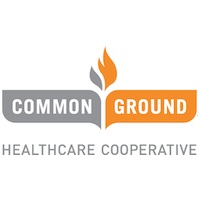
Outreach, investment needed to fight COVID-19’s impact on Milwaukee’s black community
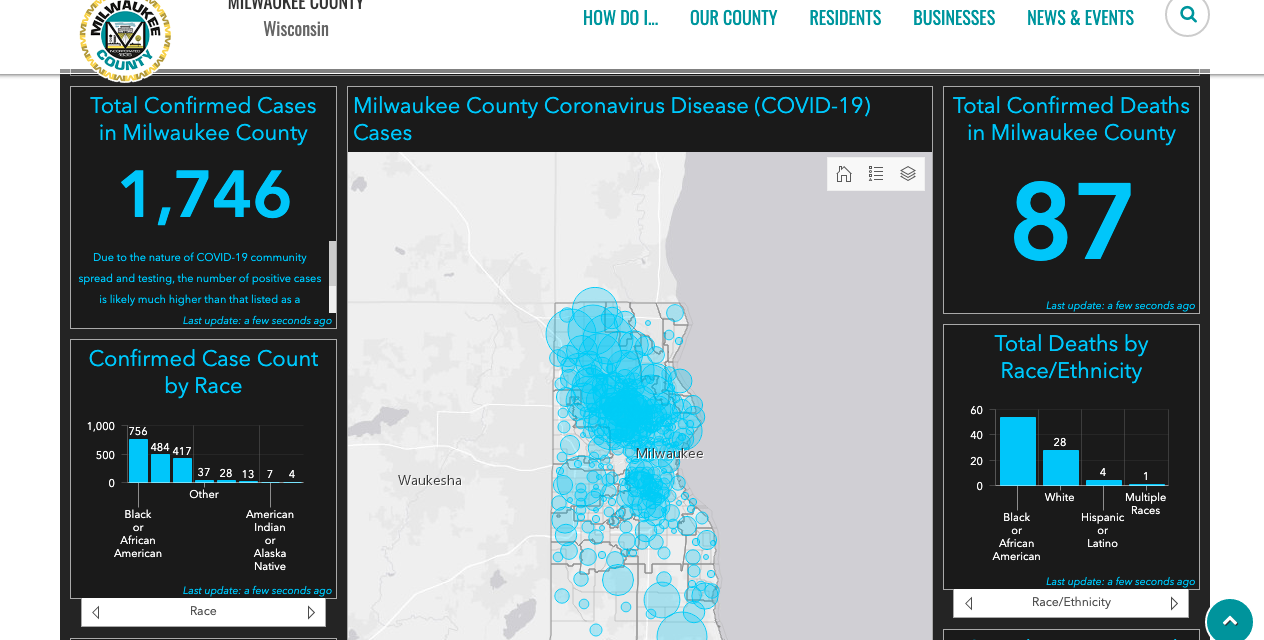
More outreach and investment will be critical to helping Milwaukee County’s black community, which is being hard hit by the COVID-19 pandemic due to long-standing economic disparities, county and city leaders said on a Friday press call.
As of Monday morning
, 54 out of 87 deaths in Milwaukee County were African Americans, who make up about 26 percent of the county’s population.
County Executive Chris Abele called the data a “stark illustration” of disparities in the county. He called it a “mandate to not just flag it, but to do something.”
“This is devastating for our community,” Wanda Montgomery, president of the Village of Brown Deer, told reporters. “It’s almost every day I see a name that rises up, and I’m like, ‘Oh my God. I know that person.’”
Reggie Jackson, head griot of America’s Black Holocaust Museum in Milwaukee, said that many social determinants of health are “really economic determinants of health” that have resulted due to a long history of segregation and policies like redlining and covenants that kept people of color out of suburban communities.
Due to a lack of high-quality jobs, people have not had access to medical care, which has led to higher rates of hypertension, asthma and diabetes that are tied to increased mortality rates for those with COVID-19, he said.
“Where our community is and the issues that we’re dealing with, with the disparities, are not something that happened because of something that we did, because we were not people who valued education or didn’t want to work,” he said. “These are things that are a pattern of disinvestment in the African American community over a period of many decades.”
The Advancing a Healthier Endowment announced late last week it was providing the Milwaukee Health Department $500,000 to boost outreach to communities of color on COVID-19. Jeanette Kowalik, the city’s health commissioner, said they’re continuing to tailor outreach to ensure they’re hitting the right population.
“There needs to be a huge investment in not only dollars, but people, creativity, innovation, a willingness to loosen up any red tape that might be present in our organizations,” Kowalik said. “Literally, this is life or death, so we have to make the most of our time.”
Nicole Brookshire, director of Milwaukee County Office on African American Affairs, said they’re asking young people to contact their office for a virtual focus group on innovative ways of outreach. She also said they’re looking for input on other challenges, including how to address food deserts.
Milwaukee County Supervisor Felesia Martin said she’s trying to connect with as many constituents as possible to help spread the message on social distancing, hand washing and wearing cloth masks.
“All of us working together will get through it together and be supportive,” she said.
She added the county is looking at how to address racial disparities, including pushing forward on an ordinance that builds off the county declaration last year that racism is a public health crisis.
Dr. Tito Izard, CEO of Milwaukee Health Services Inc., said “none of us should be surprised” at the impact of COVID-19 on African American communities given existing economic disparities.
“What we truly need is a true solution to addressing the economic disparities of why African Americans have been relegated to a permanent underclass in this country,” Izard said. “And another thing, what we need to do is to prepare for the second wave, which is the potential economic devastation that will happen in our community due to the delayed recovery of our economy.”
Kowalik called for promoting policies that allow lower-income people working from home and ensuring there’s better sick pay. Also critical will be increasing access to higher quality healthcare and COVID-19 testing.
Medicaid expansion and community investments are also needed, she said. Kowalik called for looking at why “funding mechanisms are the way that they are.”
“You see the surge of money that comes in during a disaster, right? But what about before the disease?” she said. “So making sure that public health is adequately funded so we can truly be efficient and effective at our work.”
She noted that her agency is still trying to get electronic health records. That slows them down in being able to process data and coordinate with the health systems in the area on the response, she noted.
Wisconsin Health News is removing the password on all stories related to the coronavirus. For the latest developments follow us on Twitter at @wihealthnews or check out our website. For complete healthcare coverage, sign up for a free trial to our daily email newsletter.

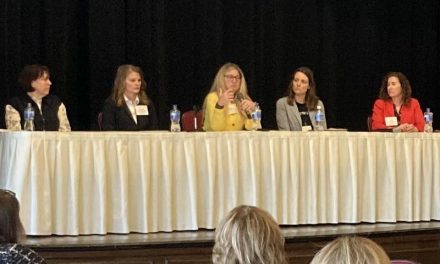





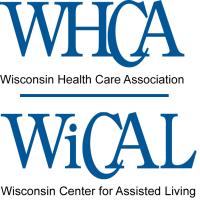

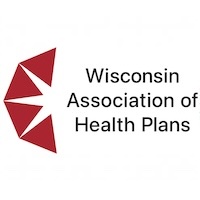


















.jpg?bwg=1612548324)
